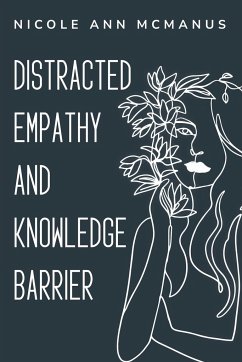In flus dissertation I analyze Victonan gynecology and literature and argue that texts m both of these fields betray a conflict between domument and subversive narratives about women their bodies, and their sympatlues. Wule it is well recomazed that sympathy played an important part in Victorian literature, mural plulosophy, and cultural consciousness, what is bol acknowledged in the literature on sympathy is its central role in Victorian efforts to gran knowledge about the female body It was churing the nineteenth century that the field of gynecology grew into a legitimate medical specialty, as such, a proliferation of work on the maatomy, physaology, and pathology of the female body occurred, in whach sympathy, bolh between individuals and within the female body itself, recurs repeatedly. The dominant narrative was expressed largely through the writings of male physiologists and gynecologists, who defined women and ther bodies as problematic barriers to the production of knowledge. Sympathy, both berween individual women and between their bodily organs, was theorized in these texts as a pathological and feminine condition that repeatedly hindered the progress of Victorian medicine and science. I also identify a connier- that contravened these medical chaumoses of fenamme sympallues. In fichon by George Moore, Arthur Conan Doyle, Mona Todd, and others, I show that Victorian writers self-consciously responded to medical discourses that identified feminine sympathies as problematic. Instead, many of them suggest that a woman's emotional and physiological sympathies could nid, rather than hunder, the production of medical knowledge.
Hinweis: Dieser Artikel kann nur an eine deutsche Lieferadresse ausgeliefert werden.
Hinweis: Dieser Artikel kann nur an eine deutsche Lieferadresse ausgeliefert werden.








